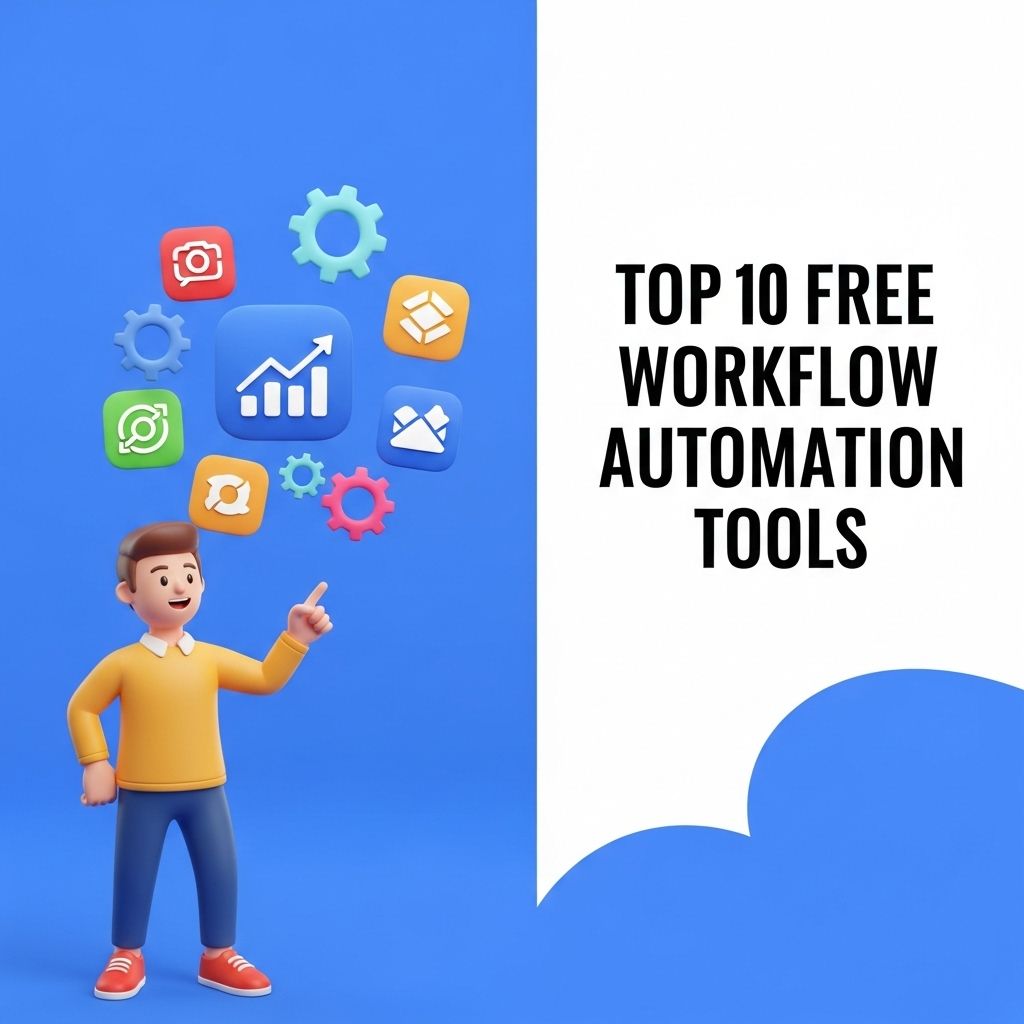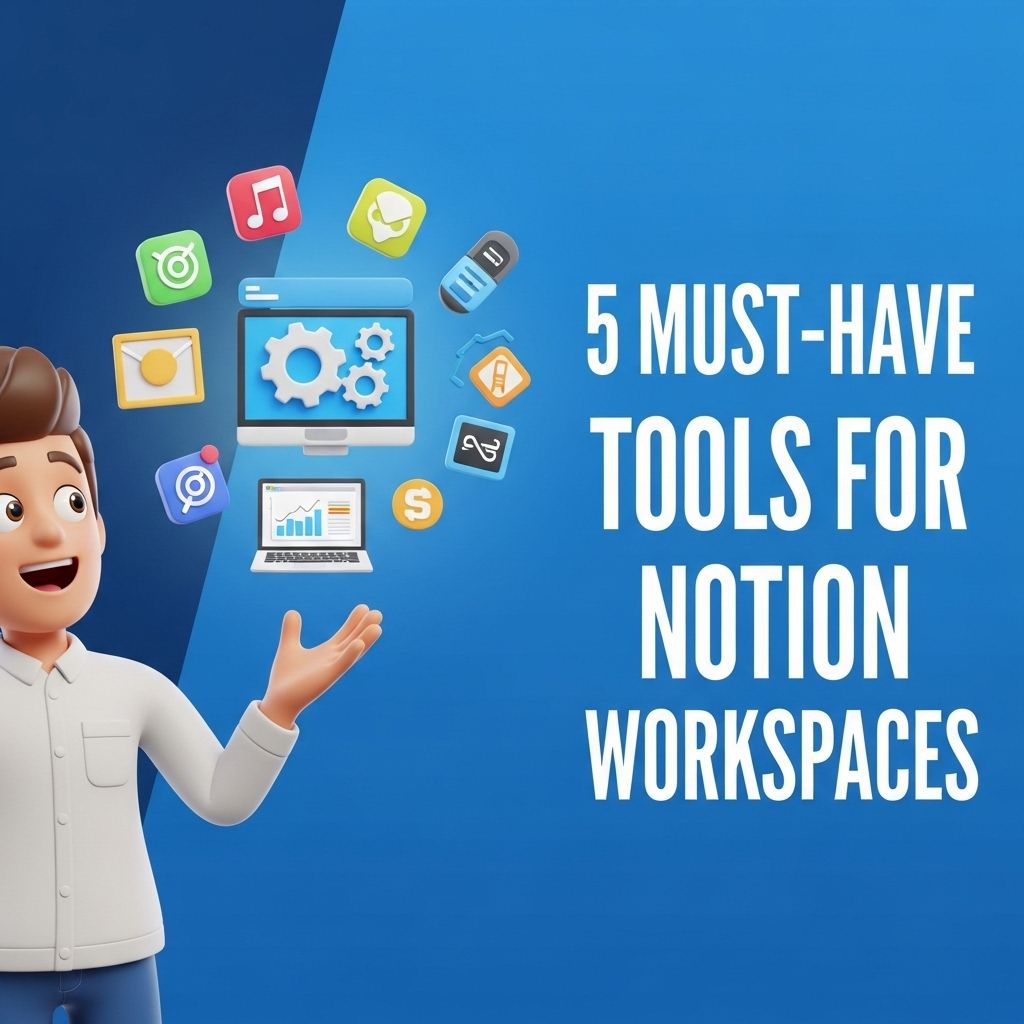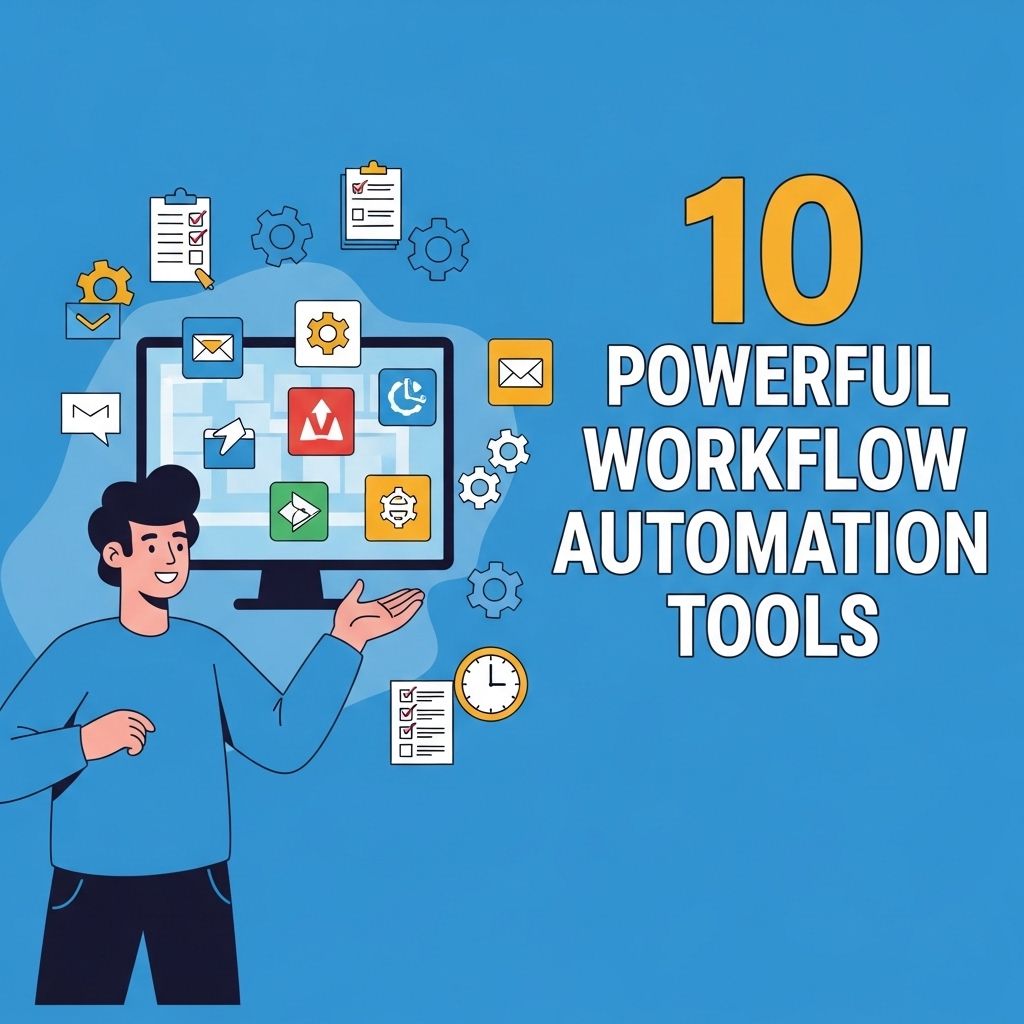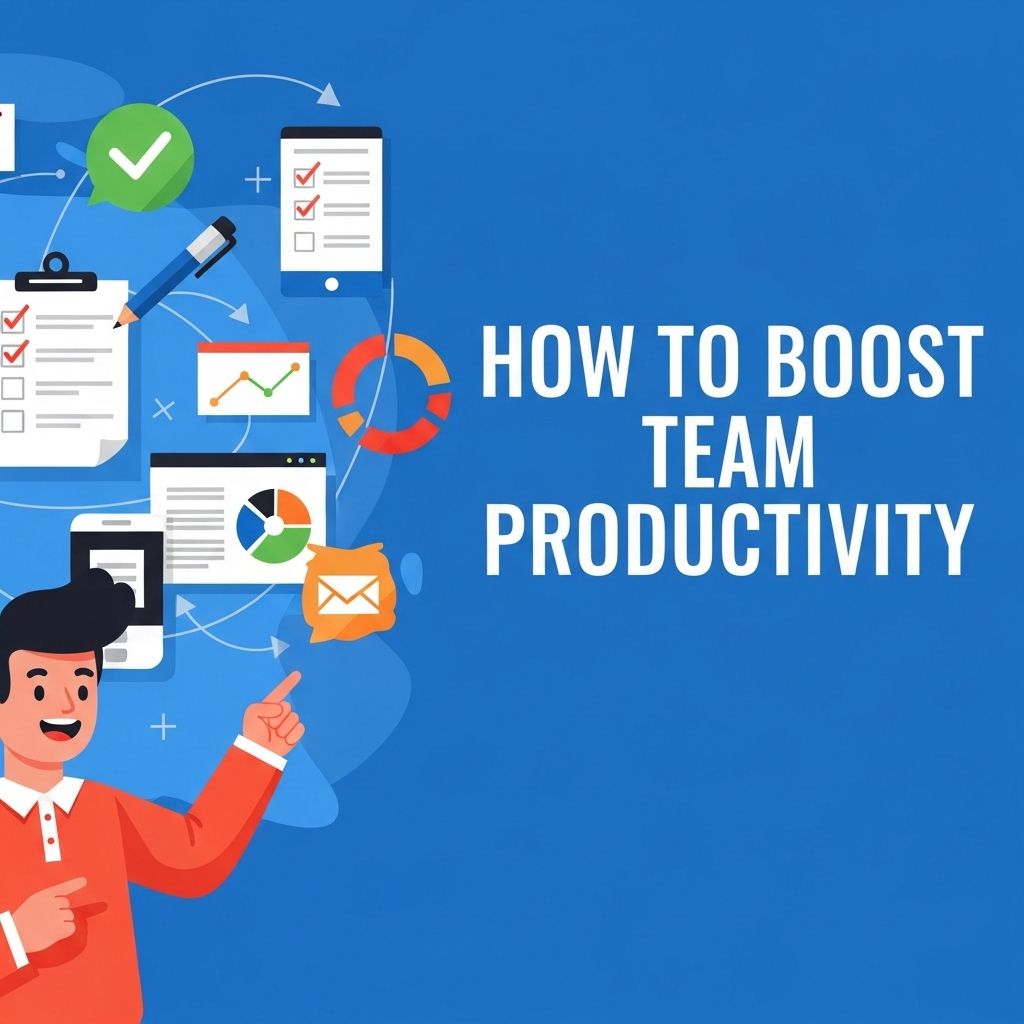In the fast-paced world of hybrid work environments, effective time management is paramount to maximize productivity and ensure smooth collaboration among team members. With the rise of artificial intelligence (AI), businesses have access to a plethora of tools designed to streamline time management, enhance communication, and foster collaboration across geographically dispersed teams. This article delves into some of the best AI assistants that can significantly improve time management for hybrid teams.
In today’s hybrid work environment, effective time management is more crucial than ever for maintaining productivity across teams. Various AI assistants have emerged to streamline this process, offering tools that facilitate scheduling, task prioritization, and communication. For those looking to enhance their team presentations, see how to use 3D mockups effectively can provide added visual impact.
Table of Contents
Understanding the Importance of Time Management in Hybrid Teams
Time management is crucial in any work environment, but it becomes even more critical in hybrid setups where team members may be working from different locations. Effective time management allows teams to:
- Enhance productivity by reducing time wastage.
- Improve communication and collaboration across diverse locations.
- Streamline project workflows and deadlines.
- Support employee well-being by preventing burnout through better work-life balance.
As companies increasingly embrace hybrid work models, leveraging AI technology for time management can provide a distinct competitive edge.
Top AI Assistants for Time Management
1. Clockwise
Clockwise is an AI-powered time management tool that helps teams optimize their schedules intelligently. Here’s how it works:
- Smart Scheduling: Clockwise analyzes team calendars and automatically adjusts meetings to create blocks of uninterrupted time for focused work.
- Team Optimization: It suggests time slots for meetings that work best for everyone, reducing scheduling conflicts.
- Data Insights: The platform provides insights into how time is spent, helping teams identify areas for improvement.
2. Trello with Butler
Trello is a popular project management tool that integrates AI capabilities through its automation feature, Butler. This can be particularly beneficial for hybrid teams:
- Automated Workflows: Butler allows users to create automated workflows to manage tasks, set due dates, and send reminders.
- Custom Commands: Users can customize commands to fit their team’s specific needs, streamlining repetitive tasks.
- Progress Tracking: Teams can easily track their project progress at a glance, ensuring everyone stays on the same page.
3. Microsoft Teams with Cortana
Microsoft Teams has revolutionized communication in hybrid workspaces, and its integration with Cortana enhances productivity further:
- Personalized Assistant: Cortana can schedule meetings, set reminders, and provide updates on tasks, acting as a personal assistant.
- Task Management: Integration with other Microsoft 365 tools enables seamless task management across applications.
- Voice Commands: Users can utilize voice commands to manage their schedules hands-free, increasing efficiency.
4. Todoist
Todoist is a robust task management application that employs AI to help teams manage their to-do lists effectively:
- Natural Language Processing: Users can input tasks using natural language, and Todoist’s AI will automatically set deadlines and priorities.
- Collaboration Features: Hybrid teams can delegate tasks and share projects, ensuring everyone knows their responsibilities.
- Productivity Tracking: The app provides productivity trends and insights, helping teams refine their workflow.
5. ClickUp
ClickUp is an all-in-one project management platform that integrates AI to enhance time management:
- Customizable Dashboards: Users can create dashboards that visualize project timelines, deadlines, and team member workloads.
- Goal Tracking: ClickUp allows teams to set measurable goals and track progress towards achieving them.
- AI-Powered Suggestions: The platform offers AI-driven suggestions for task priorities based on deadlines and workload.
Implementing AI Tools Effectively
1. Assess Team Needs
Before implementing any AI tool, it’s essential to assess your team’s specific needs:
- Identify recurring bottlenecks in workflows.
- Gather feedback from team members on their challenges with time management.
- Define goals for what you hope to achieve through improved time management.
2. Choose the Right Tools
When selecting AI tools for time management, consider:
- Integration with existing tools your team already uses.
- User-friendliness and ease of implementation.
- Scalability to accommodate future growth.
3. Provide Training
To maximize the benefits of AI tools, consider providing training sessions for your team:
- Organize workshops to familiarize team members with new tools.
- Encourage team members to share best practices for using the tools effectively.
Measuring Success
1. Set KPIs
To measure the success of AI tools in enhancing time management, establish Key Performance Indicators (KPIs) such as:
- Increased productivity levels.
- Reduction in time spent on meetings.
- Improved task completion rates.
2. Gather Feedback
Regularly solicit feedback from team members on their experiences with the AI tools:
- Conduct surveys to gauge satisfaction levels.
- Make adjustments based on feedback to improve tool usage.
Conclusion
As hybrid working models continue to gain traction, leveraging AI assistants for time management becomes increasingly important. Tools like Clockwise, Trello with Butler, Microsoft Teams with Cortana, Todoist, and ClickUp can revolutionize how teams manage their time and collaborate effectively. By carefully assessing team needs, selecting the right tools, providing training, and continually measuring success, organizations can create a more productive and harmonious hybrid work environment.
FAQ
What are the top AI assistants for managing hybrid teams?
Some of the best AI assistants for hybrid team time management include Microsoft Teams, Trello, Asana, Monday.com, and Google Workspace.
How can AI assistants improve time management in hybrid teams?
AI assistants can help improve time management by automating scheduling, tracking project deadlines, and providing reminders for team members, ensuring everyone stays on task.
Are there AI tools specifically designed for remote collaboration?
Yes, tools like Slack, Zoom, and Notion incorporate AI features to facilitate remote collaboration, making it easier for hybrid teams to communicate and manage tasks.
Can AI assistants integrate with existing project management software?
Many AI assistants offer integrations with popular project management software, allowing seamless workflow and better time management across platforms.
What features should I look for in an AI assistant for time management?
Key features to look for include scheduling automation, task prioritization, real-time collaboration tools, analytics for productivity tracking, and user-friendly interfaces.









